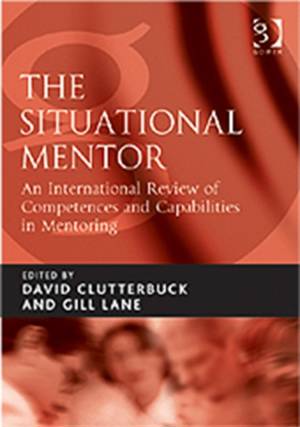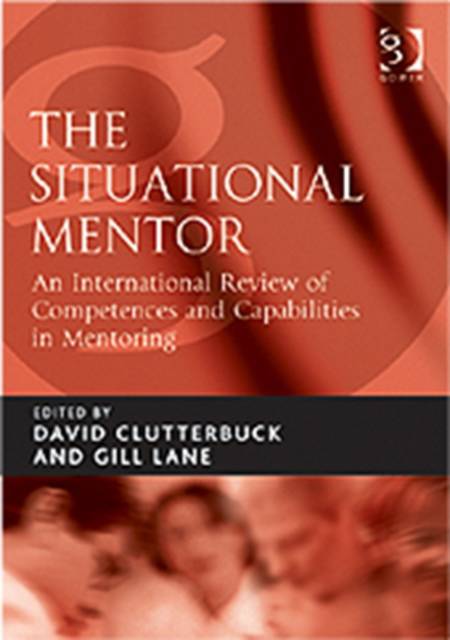
- Afhalen na 1 uur in een winkel met voorraad
- Gratis thuislevering in België vanaf € 30
- Ruim aanbod met 7 miljoen producten
- Afhalen na 1 uur in een winkel met voorraad
- Gratis thuislevering in België vanaf € 30
- Ruim aanbod met 7 miljoen producten
The Situational Mentor
An International Review of Competences and Capabilities in Mentoring
Gill Lane
€ 195,95
+ 391 punten
Omschrijving
Because the mentoring process involves a number of distinct stages, a wide range of skills are needed throughout the process and these skills are situational. In other words, a skilled mentor understands the principles of mentoring, but is also able to use appropriate skills according to the person with whom they are working and the stage they have reached in the relationship. In addition, different types of mentoring programme will demand a skills set particular to each. As with many other areas of development, a mix of the theoretical and the practical is needed to ensure that programmes and relationships achieve their potential. In The Situational Mentor: An International Review of Competences and Capabilities in Mentoring, David Clutterbuck and Gill Lane have brought together contributions from leading international academics and practitioners to define the key skills involved in mentoring and explore how these may be tailored to ensure a successful outcome in all instances.
Specificaties
Betrokkenen
- Auteur(s):
- Uitgeverij:
Inhoud
- Aantal bladzijden:
- 240
- Taal:
- Engels
- Reeks:
Eigenschappen
- Productcode (EAN):
- 9780566085437
- Verschijningsdatum:
- 4/06/2004
- Uitvoering:
- Hardcover
- Formaat:
- Genaaid
- Afmetingen:
- 175 mm x 246 mm
- Gewicht:
- 599 g

Alleen bij Standaard Boekhandel
+ 391 punten op je klantenkaart van Standaard Boekhandel
Beoordelingen
We publiceren alleen reviews die voldoen aan de voorwaarden voor reviews. Bekijk onze voorwaarden voor reviews.










